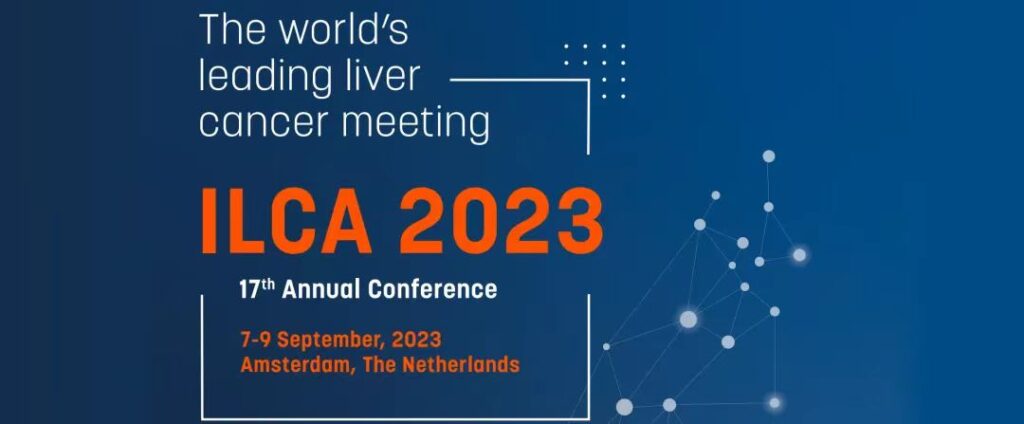Dr. Myron Schwartz: The Development and Prospects of Multidisciplinary Comprehensive Treatment of Liver Cancer
Primary liver cancer is one of the common malignant tumors worldwide. With the development of modern biomedical technology, clinical surgical techniques, and minimally invasive treatment techniques, the surgical treatment level of liver cancer has made significant progress. At the recently concluded global academic event in the field of liver cancer - the 17th Annual Meeting of the International Liver Cancer Association (ILCA), Dr. Myron Schwartz of Mount Sinai Hospital, the U.S., delivered a keynote report on the progress made in liver cancer surgical treatment in recent years. Hepatology Digest specially invited Dr. Schwartz for an in-depth interview on the evolution of future liver cancer clinical treatment strategies and the opportunities and challenges that liver cancer surgery will face.

